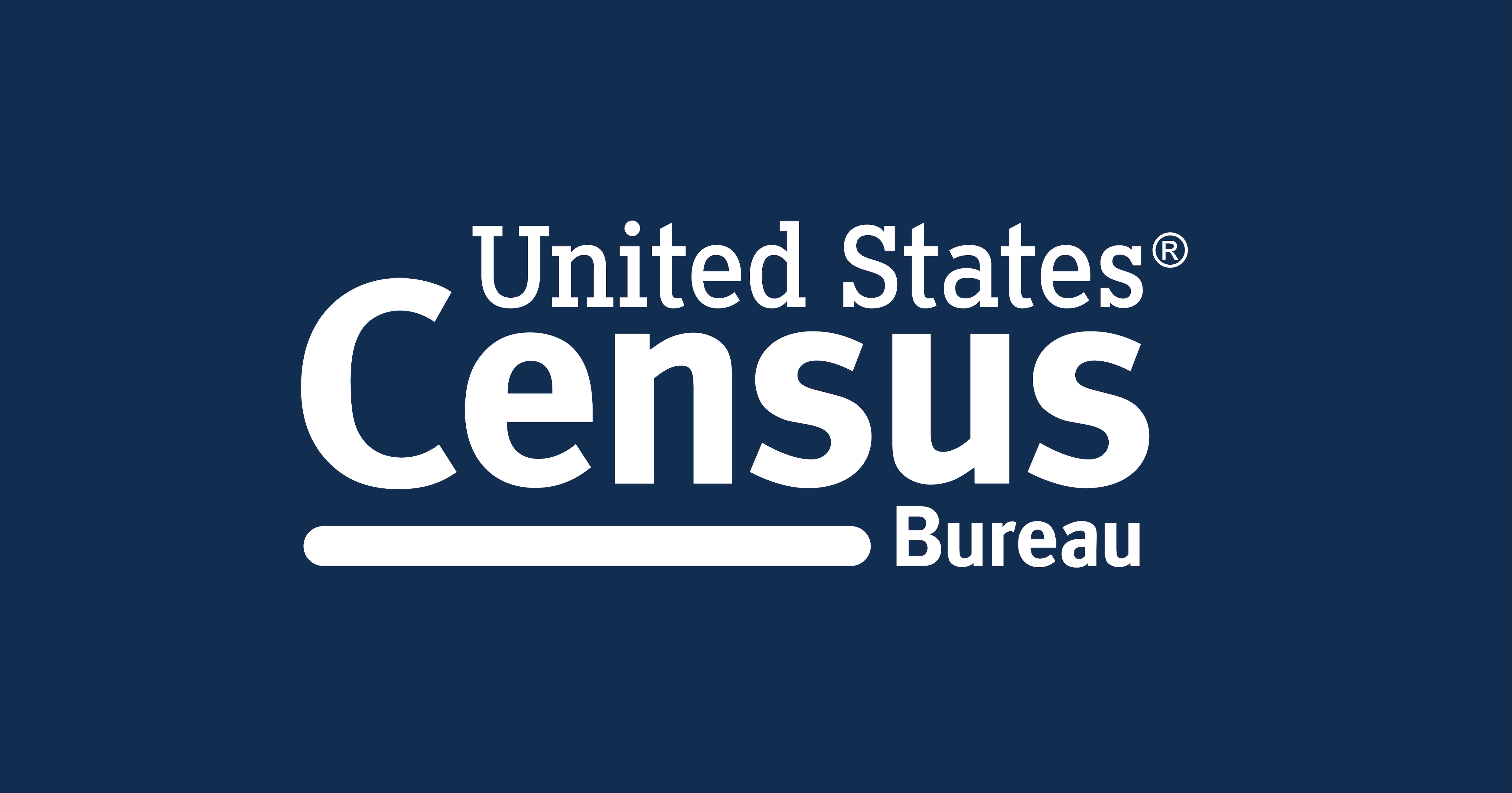No, I still have to use those things. I could move my kid to another school of my choice and not use the poor performing school down the road. Big difference. If I move out of the county, guess what, my tax money does too. Same for city taxes. If I leave the state, state taxes. My money follows me. Previously, I lived 2.6 miles from a high performing school. My kids were forced to go 5.2 miles to a low performing school. Both were same county. I paid no city taxes. Yet, I couldn't send my kids to the better school. That makes no damn sense..That doesn’t make any more sense than insisting your tax dollars only go to roads and bridges you drive on every day, power lines running to your neighborhood / house, the closest fire department to your house, etc.
I'm surprised the more liberal peeps are against a kid having a chance at a better education. I guess big government is more your thing. Education holds MS back. So does health care.
Our kids deserve better.
Last edited:
